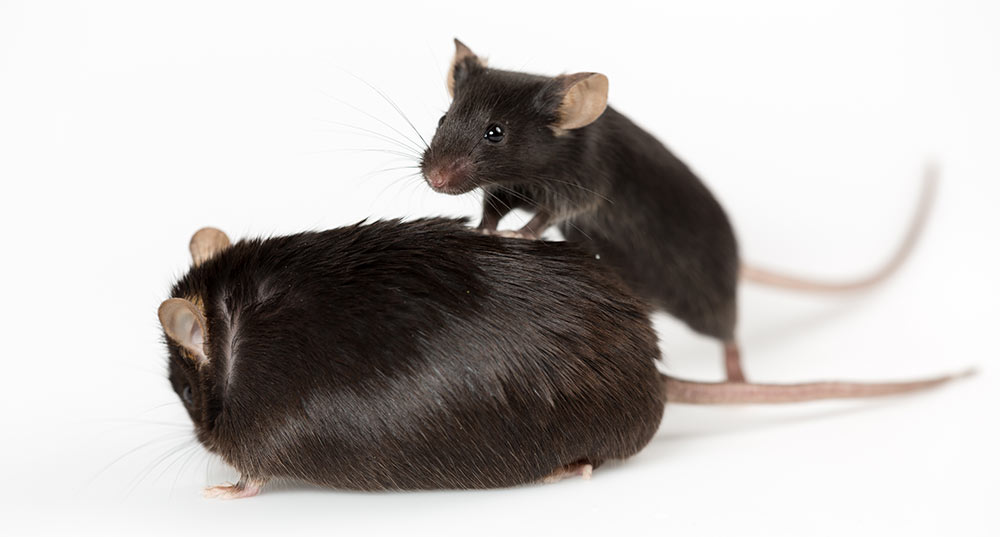

Maintenance of energy homeostasis, which is represented by the balance of energy intake and caloric expenditure, is tightly regulated through different mechanisms to keep metabolic balance and health. Such aspects from molecules to its behavioral manifestations are addressed at different level in animal models.
Most conducted research in this field focusses on diabetes and related diabetes-derived pathologies such as NASH or cardiovascular-derived diseases. In such animal models, understanding if a drug or compound ‘X’ has been effective (e.g. for obese animals) because it acts on energy expenditure but not on increased locomotor activity can easily be calculated by analyzing the behavioral pattern of the animals 24/7 via DVC®.
Current research will reveal to what extent DVC® will help address those scientific questions.
Another set of metabolism research which has recently gained a lot of traction is in the field of variation of intestinal flora and its relation to metabolic disorders. This involves nude mice being used and transferred with fecal content of depressed or healthy patients and the behavioral output of those animals is studied. To limit the exposure to external agents which could falsify results, researchers working in this field have more than welcomed instrumentations that allows them in a non-invasive and non-intrusive way to analyse the behavioral repertoire of such animals.
The DVC® has been used to address such research in dietary function in a hyper attention model.
Gut microbiota from persons with attention-deficit/hyperactivity disorder affects the brain in mice